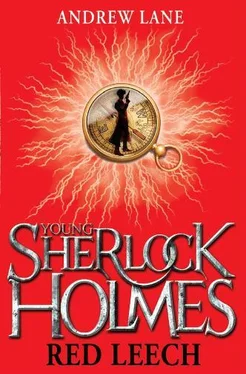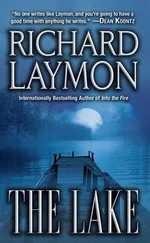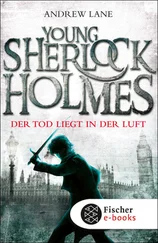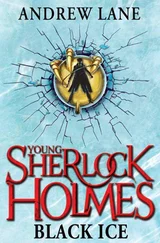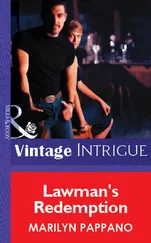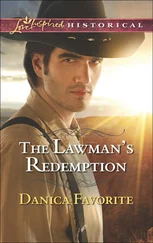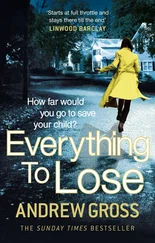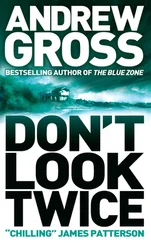A bee buzzed past his ear and he flinched. Ants he was relatively ambivalent about, but bees still spooked him.
Crowe laughed. “What is it with the British and jam sandwiches?” he asked through the laughter. “I swear there’s a nursery aspect to British eating habits that no other country has. Steamed puddings, jam sandwiches — with the crusts cut off, of course — and vegetables boiled so long they’re just flavoured mush. Food you don’t need teeth to eat.”
Sherlock felt a stab of annoyance. “So what’s so great about American food?” he asked, shifting his position on the dry stone wall he was sitting on. Ahead of him the ground sloped down to a river in the distance.
“Steaks,” Crowe said simply. He was leaning on the wall, which came up to his chest. His square chin was resting on his folded arms, and his broad-brimmed hat shielded his eyes from the sun. He was wearing his usual white linen suit. “Big steaks, flame-grilled. Properly grilled so there’s crisp bits around the edge, not just waved over a candle like the French do. An’ not smothered in some kind of cream brandy sauce, also like the French do. It don’t take the brains of an archbishop to cook and serve a steak properly, so why can’t anybody outside the United States do it right?” He sighed, his bubbling good nature suddenly evaporating to leave an unexpected flat sadness exposed.
“You miss America?” Sherlock said simply.
“I’ve been away for longer than a man should. An’ I know Virginia misses the old country as well.”
Sherlock’s mind was filled with a vision of Crowe’s daughter Virginia riding her horse Sandia with her copper-red hair flowing out behind her like a following flame.
“When will you go back?” he asked, hoping it wouldn’t be soon. He had grown accustomed to both Crowe and Virginia. He liked having them in his life since he’d been sent to live with his aunt and uncle.
“When my work here is done.” A huge smile creased his lined, weather-beaten face as his mood changed. “An’ when I consider that I have discharged my responsibility to your brother by teachin’ you everythin’ I know. Now, let’s talk about ants.”
Sherlock sighed, resigning himself to another of Crowe’s impromptu lessons. The big American could take anything from around him, whether it was in the countryside, the town or someone’s house, and use it as the springboard for a question, a problem or a logical conundrum. It was beginning to annoy Sherlock.
Crowe straightened up and looked around behind him. “I thought I’d seen some of the little critters,” he said, walking over to a small pile of dry earth that was piled up like a miniature hill in a patch of grass. Sherlock wasn’t fooled. Crowe had probably spotted them on the way up and filed them away as fodder for his next training session.
Sherlock jumped down from the wall and walked across to where Crowe was standing. “An anthill,” he said with little enthusiasm. Small black forms wandered aimlessly around the mound of earth.
“Indeed. The external sign that there’s a whole bunch of little tunnels underneath which the little critters have patiently excavated. Somewhere under there you’ll find thousands of tiny white eggs, all laid by a queen ant who spends her life underground, never seeing daylight.”
Crowe bent down and gestured for Sherlock to join him. “Look at how the ants are movin’,” he said. “What strikes you about it?”
Sherlock watched them for a moment. No two ants were heading in the same direction, and each one seemed to change direction at a moment’s notice, for no visible reason. “They’re moving randomly,” he said. “Or they’re reacting to something we can’t see.”
“More likely the first explanation,” Crowe said. “It’s called 'the drunkard’s walk', an’ it’s actually a good way of coverin’ ground quickly if you’re lookin’ for somethin’. Most people, searchin’ an area, will just walk in straight lines, criss-crossin’ it, or divide the area up into a grid an’ search each square separately. Those techniques will usually guarantee success, eventually, but the chances of findin’ whatever it is quickly are increased by usin’ this random way of coverin’ the ground. It’s called 'the drunkard’s walk',” he added, “cos of the way a man walks when he’s got a bellyful of whisky — legs goin’ in different directions to each other and head goin’ in a different direction entirely.” He reached into his jacket pocket and removed something. “But back to the ants: once they find somethin’ of interest, watch what they do.”
He showed Sherlock the thing in his hand. It was a pottery jar with a waxed paper top held on with string. “Honey,” he said before Sherlock could ask. “Bought it in the market.” He pulled the string off and removed the waxed paper. “Sorry if this brings back bad memories.”
“Don’t worry,” Sherlock said. He bent down to kneel beside Crowe. “Should I ask why you’re wandering around with a jar of honey in your pocket?”
“A man never knows what might come in useful,” Crowe said, smiling. “Or maybe I planned all this in advance. You choose.”
Sherlock just smiled and shook his head.
“Honey is largely sugar, plus a whole load of other things,” Crowe continued. “Ants love sugar. They take it back to the nest to feed the queen, and the little grubs that hatch from the eggs.”
Dipping his finger in the honey, which Sherlock noticed was runny in the heat of the morning sun, Crowe scooped up a huge shiny droplet and let it fall. It caught on a clump of grass and hung there for a few moments before strands of it sagged to the ground and lay there in scrawled and glistening threads.
“Now let’s see what the little critters do.”
Sherlock watched as the ants continued in their random wanderings; some climbing up strands of grass and dangling upside down for a while and others foraging among grains of dirt. After a while, one of them crossed a strand of honey. It stopped midway. For a moment Sherlock thought it was stuck, but it wandered along the strand, then wandered back, then dipped its head as though drinking.
“It’s collecting as much as it can carry,” Crowe said conversationally. “It’ll head back for the nest now.” And indeed the ant did appear to retrace its steps, but rather than heading directly for the nest it continued to wander back and forth. It took a few minutes, and Sherlock almost lost it a couple of times as it crossed the path of other groups of ants, but eventually it reached the pile of dry earth and vanished into a hole in the side.
“So what now?” Sherlock asked.
“Look at the honey,” Crowe said.
Ten, perhaps fifteen ants had discovered the honey by now, and they were all taking samples. Other ants kept joining the throng. As they joined, others broke away and headed vaguely in the direction of the nest.
“What do you notice?” Crowe asked.
Sherlock bent his head to look closer. “The ants appear to be taking a shorter and shorter time to get back to the nest,” he said, wonderingly.
After a few minutes there were two parallel lines of ants heading between the honey and the nest. The random wandering had been replaced with a purposeful direction.
“Good,” Crowe said approvingly. “Now let’s try a little experiment.”
He reached into his pocket and took out a scrap of paper about the size of his palm. He laid it on the ground halfway between the nest and the honey. The ants crossed the paper back towards the nest as if they hadn’t even noticed it.
“How are they communicating?” Sherlock asked. “How are the ants who have found the honey telling the ones in the nest where it is?”
Читать дальше
